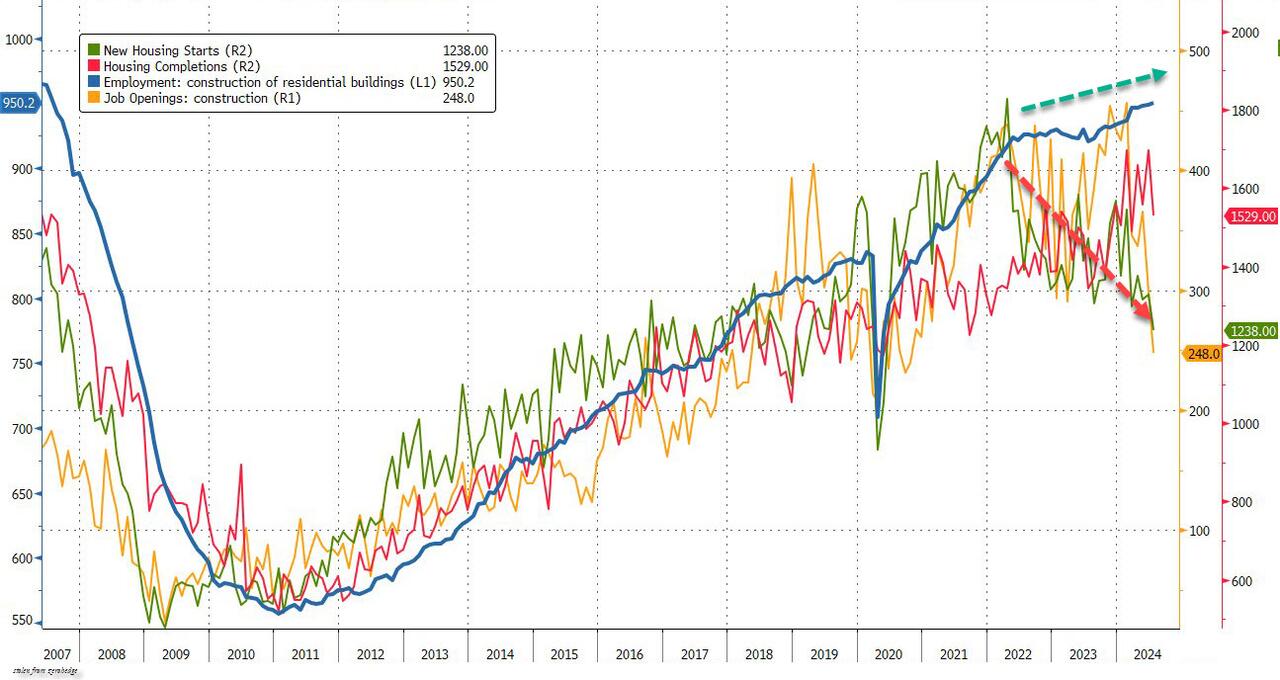One of California's two programs for training nurse-midwives has stopped admitting students while it revamps its curriculum to offer only doctoral degrees, a move that's drawn howls of protest from alumni, health policy experts, and faculty who accuse the University of California of putting profits above public health needs.
UC-San Francisco's renowned nursing school will graduate its final class of certified nurse-midwives next spring. Then the university will cancel its 2-year master's program in nurse-midwifery, along with other nursing disciplines, in favor of a 3-year doctor of nursing practice, or DNP, degree. The change will pause UCSF's nearly five decades-long training of nurse-midwives until at least 2025 and will more than double the cost to students.
State Assembly member Mia Bonta, who chairs the health committee, said she was "disheartened" to learn that UCSF was eliminating its master's nurse-midwifery program and feared the additional time and costs to get a doctorate would deter potential applicants. "Instead of adding hurdles, we need to be building and expanding a pipeline of culturally and racially concordant providers to support improved birth outcomes, especially for Black and Latina birthing people," she said in an email.
The switch to doctoral education is part of a national movement to require all advanced-practice registered nurses, including nurse-midwives and nurse practitioners, to earn doctoral degrees, Kristen Bole, a UCSF spokesperson, said in response to written questions. The doctoral training will feature additional classes in leadership and quality improvement.
But the movement, which dates to 2004, has not caught on the way the American Association of Colleges of Nursing envisioned when it called for doctorate-level education to be required for entry-level advanced nursing practice by 2015. That deadline came and went. Now, an acute need for maternal health practitioners has some universities moving in the other direction.
This year, Rutgers University reinstated the nurse-midwifery master's training it had eliminated in 2016. The University of Alabama-Birmingham also restarted its master's in nurse-midwifery program in 2022 after a 25-year hiatus. In addition, George Washington University in Washington, DC, Loyola University in New Orleans, and the University of Nevada-Las Vagas added master's training in nurse-midwifery.
UCSF estimates tuition and fees will cost $152,000 for a 3-year doctoral degree in midwifery, compared with $65,000 for a 2-year master's. Studies show that 71% of nursing master's students and 74% of nursing doctoral students rely on student loans, and nurses with doctorates earn negligibly or no more than nurses with master's degrees.
Kim Q. Dau, who ran UCSF's nurse-midwifery program for a decade, resigned in June because she was uncomfortable with the elimination of the master's in favor of a doctoral requirement, she said, which is at odds with the state's workforce needs and unnecessary for clinical practice.
"They'll be equally prepared clinically but at more expense to the student and with a greater time investment," she said.
Nurse-midwives are registered nurses with graduate degrees in nurse-midwifery. Licensed in all 50 states, they work mostly in hospitals and can perform abortions and prescribe medications, though they are also trained in managing labor pain with showers, massage, and other natural means. Certified midwives, by contrast, study midwifery at the graduate level outside of nursing schools and are licensed only in some states. Certified professional midwives attend births outside of hospitals.
The California Nurse-Midwives Association also criticized UCSF's program change, which comes amid a national maternal mortality crisis, a serious shortage of obstetric providers, and a growing reliance on midwives. According to the 2022 "White House Blueprint for Addressing the Maternal Health Crisis" report, the US has the highest maternal mortality rate of any developed nation and needs thousands more midwives and other women's health providers to bridge the swelling gap.
Ginger Breedlove, founder and CEO of Grow Midwives, a national consulting firm, likened UCSF's switch from master's to doctoral training to "an earthquake."
"Why are we delaying the entry of essential-care providers by making them go to an additional year of school, which adds nothing to their clinical preparedness or safety to serve the community?" asked Breedlove, a past president of the American College of Nurse-Midwives. "Why they have chosen this during one of the worst workforce shortages combined with the worst maternal health crisis we have had in 50 years is beyond my imagination."
A 2020 report published in Nursing Outlook failed to find that advanced-practice registered nurses with doctorates were more clinically proficient than those with master's degrees. "Unfortunately, to date, the data are sparse," it concluded.
The American College of Nurse-Midwives also denounced the doctoral requirement, as have trade associations for neonatal nurse practitioners and neonatal nurses, citing "the lack of scientific evidence that…doctoral-level education is beneficial to patients, practitioners, or society."
There is no evidence that doctoral-level nurse-midwives will provide better care, Breedlove said.
"This is profit over purpose," she added.
Bole disputed Breedlove's accusation of a profit motive. Asked for reasons for the change, she offered broad statements: "The decision to upgrade our program was made to ensure that our graduates are prepared for the challenges they will face in the evolving health care landscape."
Like Breedlove, Liz Donnelly, vice-chair of the health policy committee for the California Nurse-Midwives Association, worries that UCSF's switch to a doctoral degree will exacerbate the twin crises of maternal mortality and a shrinking obstetrics workforce across California and the nation.
On average, 10-12 nurse-midwives graduated from the UCSF master's program each year over the past decade, Bole said. California's remaining master's program in nurse-midwifery is at California State University in Fullerton, south of Los Angeles, and it graduated eight nurse-midwives last year and 11 this year.
More than half of rural counties in the US lacked obstetric care in 2018, according to a Government Accountability Office report.
In some parts of California, expectant mothers must drive 2 hours for care, said Bethany Sasaki, who runs Midtown Nurse Midwives, a Sacramento birth center. It has had to stop accepting new clients because it cannot find midwives.
Donnelly predicted the closure of UCSF's midwifery program will significantly reduce the number of nurse-midwives entering the workforce and will inhibit people with fewer resources from attending the program. "Specifically, I think it's going to reduce folks of color, people from rural communities, people from poor communities," she said.
UCSF's change will also likely undercut efforts to train providers from diverse backgrounds.
Natasha, a 37-year-old Afro-Puerto Rican mother of two, has spent a decade preparing to train as a nurse-midwife so she could help women like herself through pregnancy and childbirth. She asked to be identified only by her first name out of fear of reducing her chances of graduate school admission.
The UCSF program's pause, plus the added time and expense to get a doctoral degree, has muddied her career path.
"The master's was just the perfect program," said Natasha, who lives in the Bay Area and cannot travel to the other end of the state to attend CSU-Fullerton. "I'm frustrated, and I feel deflated. I now have to find another career path."
https://www.medscape.com/s/viewarticle/ucsf-favors-pricey-doctoral-program-nurse-midwives-2024a1000g0z

